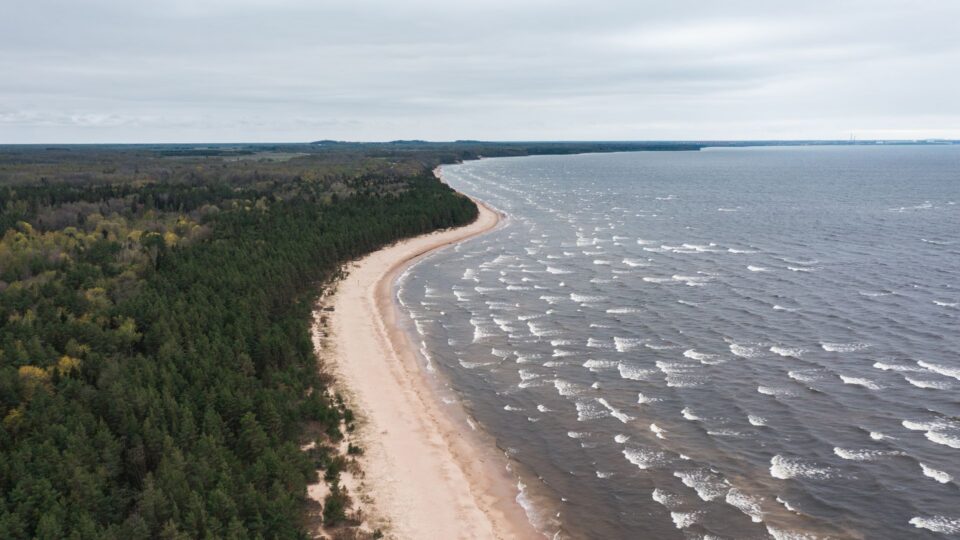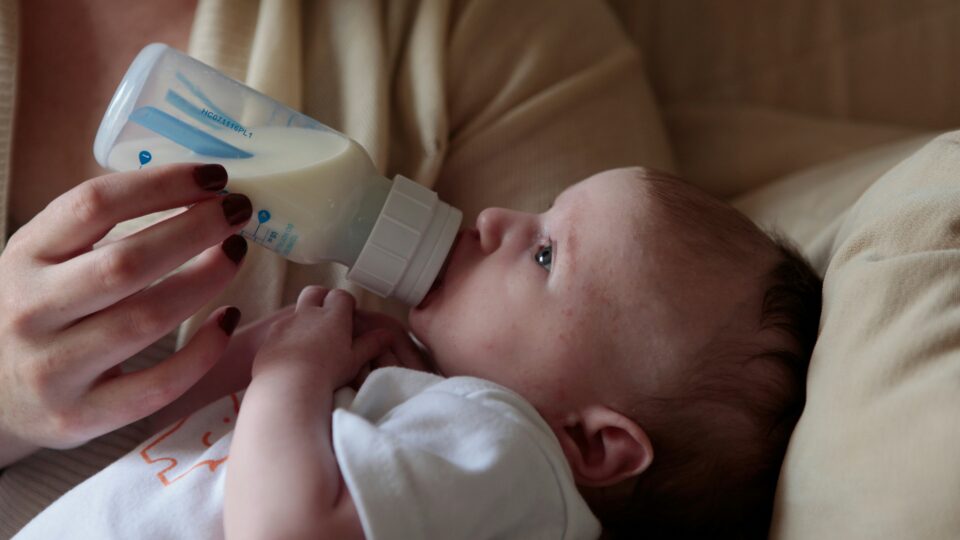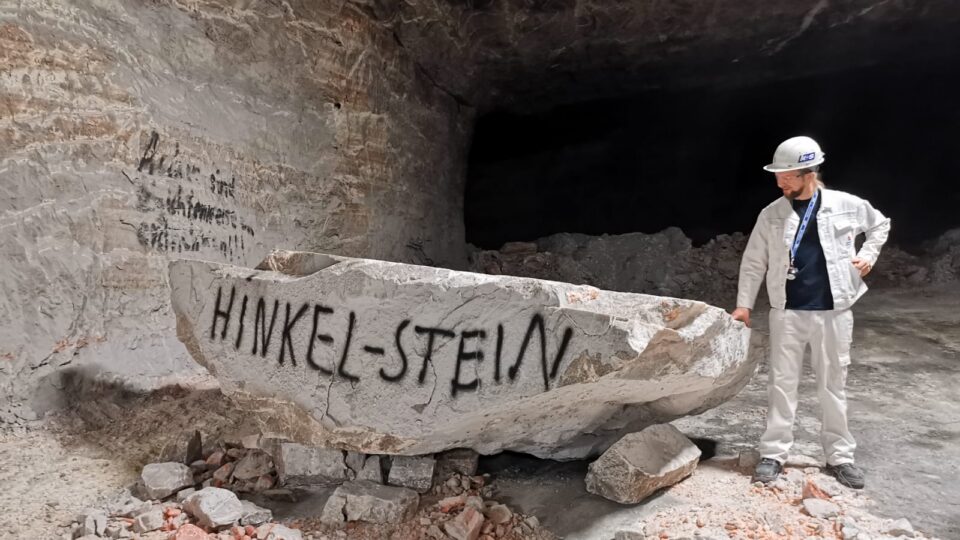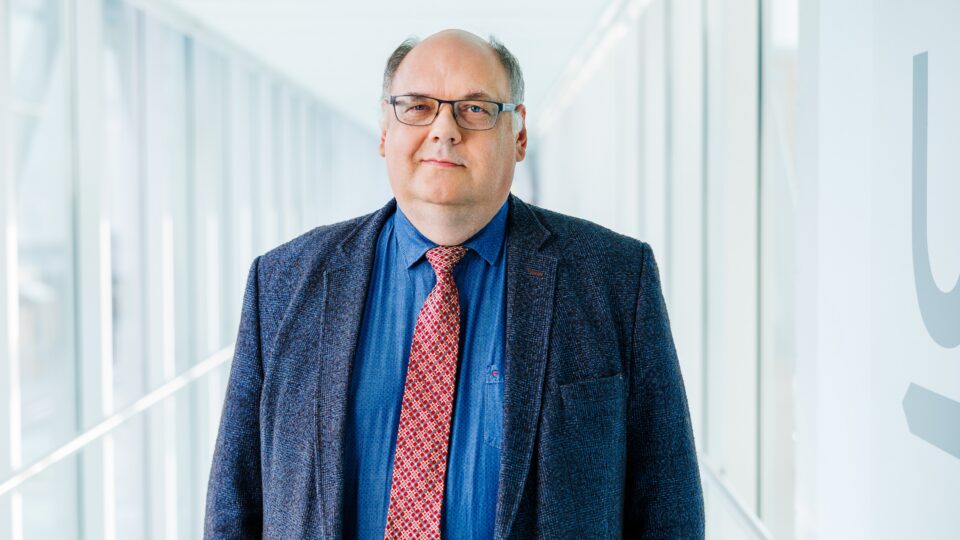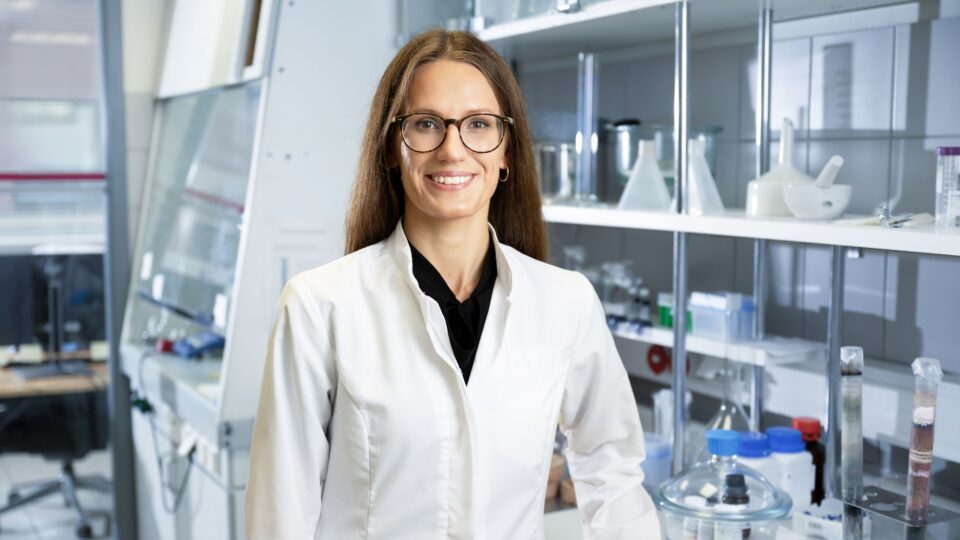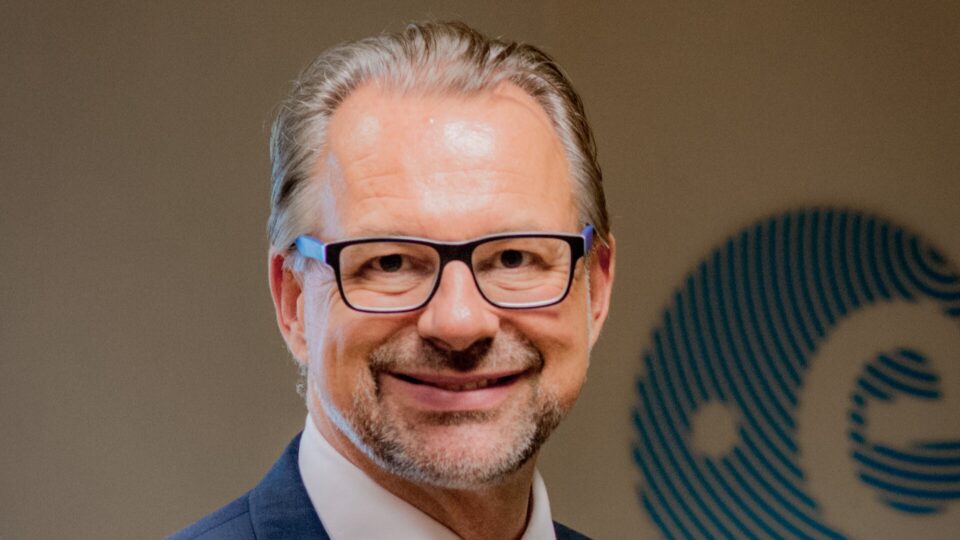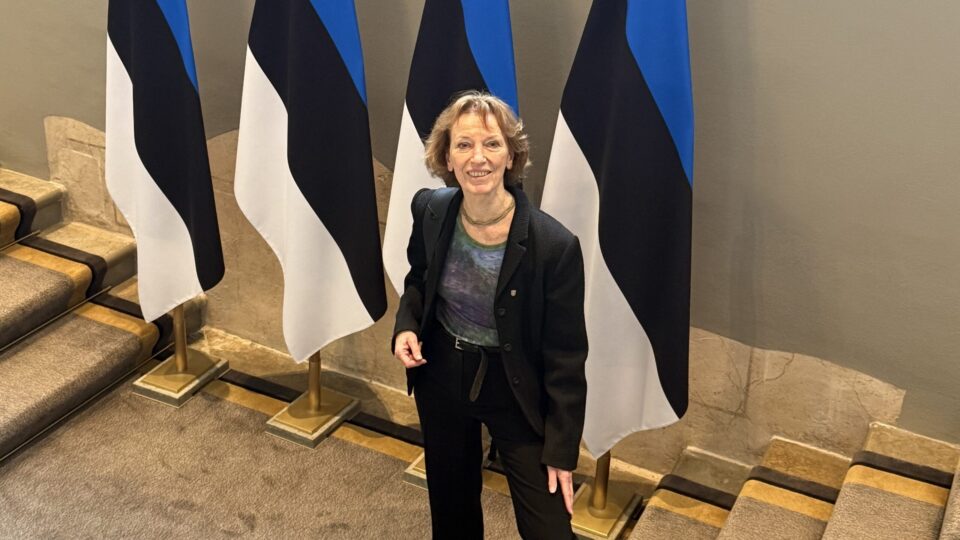Microplastics are among the most insidious pollutants in the world’s seas, travelling invisibly across ecosystems and leaving long-lasting impacts. In his doctoral thesis defended at TalTech, researcher Arun Mishra has drawn a detailed map of how these particles move, concentrate, and persist in the eastern Baltic Sea.
Science
At TalTech’s School of Science conference, early stage researcher Kärol Soodla from the Department of Cybernetics explained something most of us never think about: why some muscles get tired quickly, while others can hold us upright all day long.
Synthesising the complex sugars found in human breast milk is not just a chemical challenge – it is a key to a healthier future for infants.
At TalTech’s School of Science conference, postdoctoral researcher Bruno Grafe showed how real-time monitoring can help prevent environmental accidents and make mining cleaner and smarter.
Estonian peat has been historically used as fuel, last decades valorized as a gardening substrate, but new research shows it has the potential to play a key part in UV-blocking coating, protective cosmetics, smart packaging or next-generation bioplastics. By reimagining this familiar material, researchers are revealing possibilities that could reshape how Estonia uses one of its abundant natural resources.
TalTech is preparing a new development plan that will define the university’s direction for the next decade. In an interview with Trialoog, Vice-Rector for Entrepreneurship Erik Puura says the university must be guided both by instinct and by a clear strategy.
Under the leadership of Kristiina Kaldas, senior researcher at the Department of Chemistry and Biotechnology at Tallinn University of Technology, efforts are underway to give new life to oil shale industry waste and to develop a more sustainable chemical industry.
The global shipping industry stands at the crossroads of sustainability and profitability, grappling with emissions cuts, new technologies, and the monumental costs of going green. Sina Atari, who recently defended his PhD thesis at TalTech, has dived deep into the financial undercurrents of this sector – uncovering surprising gaps, challenges, and opportunities that could reshape maritime investment strategies.
The Director General of the European Space Agency (ESA), Josef Aschbacher, will visit Estonia to deliver a public lecture on 4 September from 14:00 to 15:30 at TalTech’s School of Business and Governance, auditorium SOC-209.
The President of the European Research Council, Professor Maria Leptin, visited Estonia to explore the country's research landscape and discuss the growing success of Estonian scientists in securing prestigious ERC grants. In conversation with Trialoog’s editor Silver Tambur, she reflected on Estonia’s achievements, the role of scientific freedom, and her personal leadership journey.
